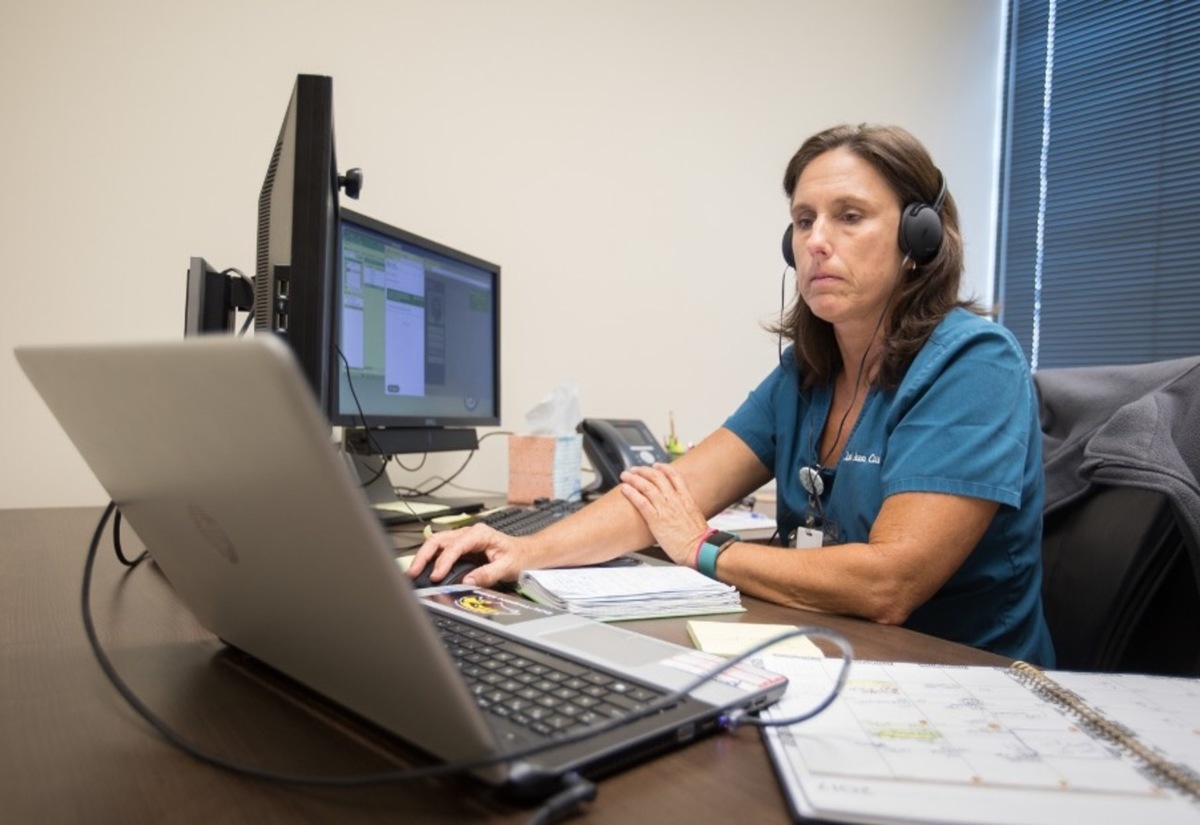Government doubles down on removal of some telehealth rebates
Laura Williams
07 January 2022, 10:24 PM
 The removal of telephone consultation from the rebate scheme leaves locals searching for appropriate alternatives.
The removal of telephone consultation from the rebate scheme leaves locals searching for appropriate alternatives. An announcement last year from the federal government to make telehealth services a permanent fixture was quickly undermined by the realisation that the finer detail meant that telephone calls to health services would not be included in the subsidy.
With overwhelmed health services being a prominent concern for the region and the country - with the Western NSW Local Health District announcing just yesterday that non-urgent surgeries would need to be rescheduled to make increase Capacity for Covid-19 care - the removal of a key point of access to health services quickly raised concern.
Orange-based Western Cancer Centre oncologist Dr Rob Zielinski said that the removal of the service failed to account for the needs of patients in regional and remote areas.
"It means the only way you can get a face to face with your doctor is a video call. I agree that video calls are much better than phone calls when in-person is not reasonable but the government has used a big stick approach and haven't really taken into account the lack of reliable internet connections or the needs of some of the most vulnerable patients in more remote areas."
Member for Parkes Mark Coulton said that the change won’t affect the quality of care provided, as was suggested by concerned health experts.
“Medicare Benefits Schedule (MBS) rebates for specialist services provided by telephone will be available for less complex subsequent consultations, and consultations of up to 45 minutes in duration for psychiatry,” Mr Coulton said.
The changes, despite being in review for a long time, were thrust upon medical practitioners and patients with little warning, leaving little turnaround time for adjustment and to seek out appropriate alternatives who relied on phone consultations.
For existing patients however, Mr Coulton said there are exceptions to continue with existing treatments.
“Patients who already have an established relationship with a specialist will be able to access subsequent/follow-up services by telephone. This reflects clinical expert advice that face-to-face and video services support better patient care and outcomes and should be the preferred form of consultation with patients, particularly for the initial consultation with the specialist, where a doctor has not previously treated the patient for the condition,” Mr Coulton said.
Although a number of alternatives exist to telephone consultation, each is accompanied by various challenges for some people, including distance and money to travel to face-to-face services (where the threat of Covid-19 is another deterrent), and sufficient internet connection stands in the way of quality video calls.
“I understand that some people might be hesitant to attend face-to-face consultations in the current COVID climate, which is why all video specialist items will continue from 1 January 2022. These can be provided through the use of low cost and broadly accessible video technology, which most people have accessed during the pandemic,” Mr Coulton said.
Mr Coulton gave the personal recommendation of the NBN Sky Muster Satellite to counter poor internet coverage.
Along with the cuts to rebates on phone consultations, a 50% loading for video consultations for regional and rural patients was also scrapped.
Mr Coulton said that the change was an inevitable move for an underused system.
“These items were not used in significant numbers, and there has been much higher usage of COVID telehealth services without the loadings since these were introduced in March 2020, clearly demonstrating that these incentives are no longer needed,” Mr Coulton said.
Despite health bodies calling for the reversal of the decision to remove these rebates, there is so far no evidence that any change is in the works.
Read more about the concerns of leading doctors below.

